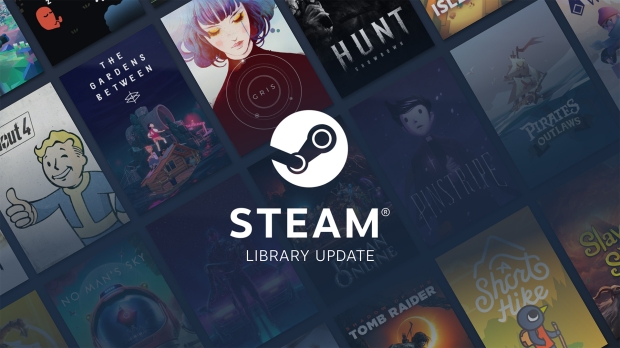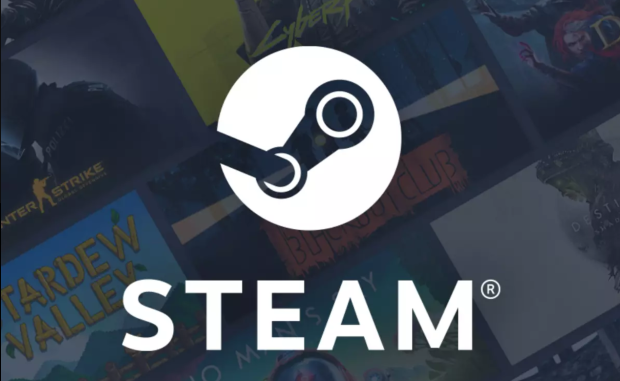Purchases made on Steam now inform users that they are buying a license to digital software, and will not actually own the software outright.

Valve's PC gaming marketplace has dominated the competition, but there's one thing that Steam has in common with all other digital stores: No one actually owns the software except for the creators. Consumers are simply buying a license to the software itself, not the actual software. The same is true when you buy a disc-based game or media--you own the disc itself, which is the license, but not the contents of the disc.
Now Steam is letting users know about this clarification every time they purchase a game on the platform. "A purchase of a digital product grants a license for the product on Steam," reads the banner on Steam's checkout page.
It's possible that Valve added this message to comply with California's newly-passed false advertising AB 2426 law which requires digital stores to make it clear that users are only buying licenses and not the actual games/software.
This has always been the case, though. It's not new. Steam's subscriber agreement has made this clear from the get-go, saying that:
"The Content and Services are licensed, not sold. Your license confers no title or ownership in the Content and Services."
Section F also highlights this as well:
All title, ownership rights and intellectual property rights in and to the Content and Services and any and all copies thereof, are owned by Valve and/or its or its affiliates' licensors.
All rights are reserved, except as expressly stated herein. The Content and Services are protected by copyright laws, international copyright treaties and conventions and other laws. The Content and Services contain certain licensed materials and Valve's and its affiliates' licensors may protect their rights in the event of any violation of this Agreement.



